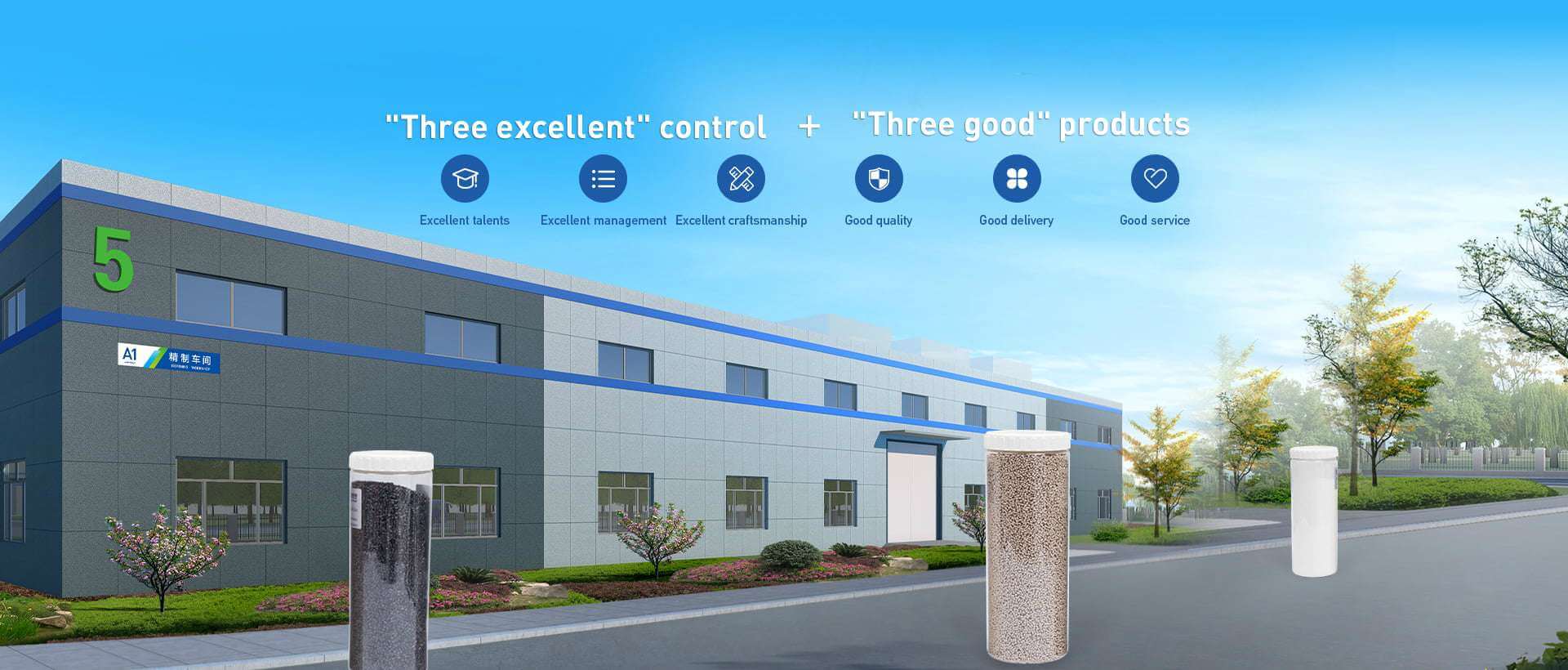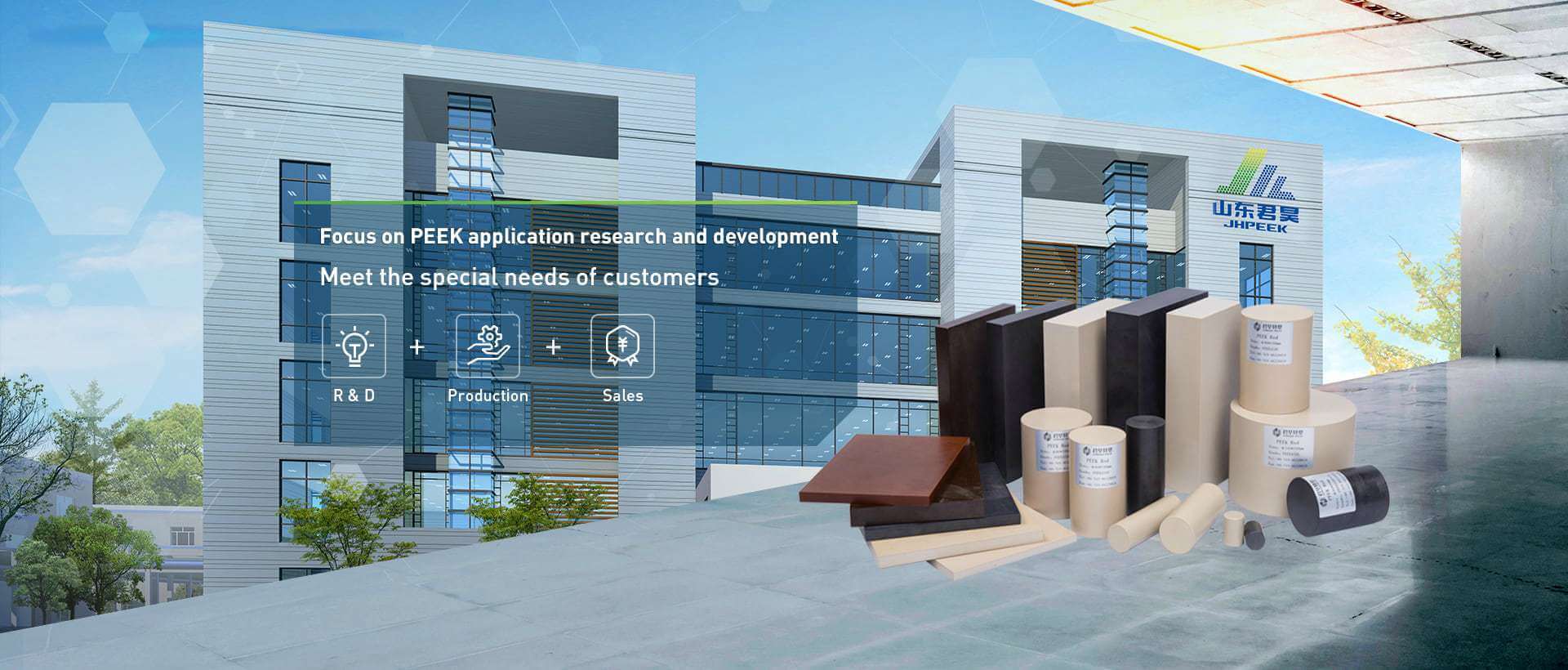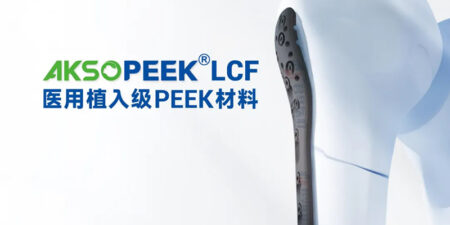



Explore the unique advantages that set us apart from the competition.
Junhao focuses on the research and development and production of high-performance polymers such as PEEK (polyetheretherketone), PI (polyimide), and PBI (polybenzimidazole).

On June 16, 2025, the Department of Industry and Information Technology of Shandong Province issued the “Notice on the List of Specialized, Special and New…

Shandong Junhao High Performance Polymer Co., Ltd. Newly build 2,000 tons/year polyetheretherketone (PEEK), 500 tons/year polyetherketone (PEK), 3,500 tons/year 4,4-difluorobenzophenone (DFBP), 50 tons/year hollow polyimide…

Recently, the foot and ankle surgery team of the National Orthopedic Medical Center of the Sixth People’s Hospital of Shanghai successfully used the first carbon…
Contact Us Now and Enjoy a One-Stop Solution!Fill the Form to Get a Quote, Product Manual, Performance Parameters, Custom Solutions, Technical Consultation, and Samples
We use cookies to improve your experience, conduct statistical analysis and provide personalized advertising. For more information, please refer to Cookie Statement
We use cookies to improve your experience, conduct statistical analysis and provide personalized advertising. For more information, please refer to Cookie Statement